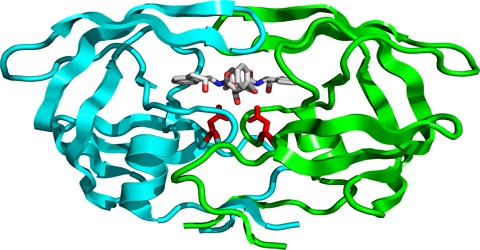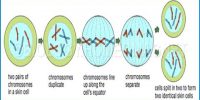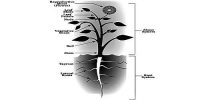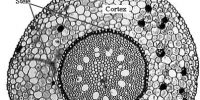Protease: The enzyme which can hydrolyze protein to form amino acid is known as protease. It is any of numerous enzymes that hydrolyze proteins and are classified according to the most prominent functional group (such as serine or cysteine) at the active site
Four enzymes can be grouped under the enzyme protease. Such as- Pepsin, Trypsin, Erepsin and Papein.
Pepsin: It breaks down protein to form proteose and peptone.
Trypsin: Trypsin breaks down protein to form proteose, peptone, polypeptide and amino acid.
Erepsin: It converts peptide into amino acid.
Papein: It functions like Trypsin.
Particular cells in your stomach create an inactive enzyme, pepsinogen, which changes into pepsin when it associates the acid environment in your stomach. When moderately digested food moves from your stomach into your intestine, trypsin and chymotrypsin absolute protein digestion, producing plain amino acids that are absorbed into your circulation. Proteolysis cleaves the peptide bonds between amino acids in proteins. Free amino acids and smaller protein fragments are the products of protease activity.















